
Chelsea Receive Champions League Boost as Mudryk Suspension Eases UEFA Budget Pressure
When it comes to financial gymnastics, few clubs in Europe have had to be as creative as Chelsea in recent years. The spending spree under their current ownership has made headlines worldwide, but with UEFA’s strict financial regulations looming over every squad submission, balance sheets matter just as much as team sheets.
This season, however, Chelsea may have stumbled upon a piece of unexpected fortune. With Mykhailo Mudryk suspended, the Blues suddenly find themselves with extra financial breathing space—enough to register all five of their high-profile summer arrivals without breaching European rules.
Chelsea Receive Champions League Boost Through Mudryk’s Absence
At first glance, the suspension of Mudryk might appear to be a purely sporting blow. After all, the winger was signed amid much fanfare from Shakhtar Donetsk in January 2023 and remains a long-term investment for the club. Yet under UEFA’s accounting model, his absence could actually serve as a hidden advantage.
Here’s why: the cost of a player in UEFA’s financial equation isn’t just about their weekly wages. It also includes the amortised value of their transfer fee, spread over the length of their contract. For Mudryk, whose total package was substantial, the combined annual figure comes to around £17 million ($23m). By not including him in this season’s 25-man Champions League “A list,” Chelsea immediately erase that £17m from their official squad budget.
To put this into perspective, that’s more than enough to cover the yearly costs of both teenage star Estevao Willian and Dutch defender Jorrel Hato, two of the club’s marquee signings. In other words, Mudryk’s enforced absence effectively underwrites two fresh additions without Chelsea having to make painful sacrifices elsewhere.
Summer Spending Meets UEFA’s Hard Reality
This development couldn’t have come at a better time for the Blues. Enzo Maresca’s squad has been bolstered with five notable signings: Joao Pedro, Jamie Gittens, Jorrel Hato, Liam Delap, and the aforementioned Estevao Willian. Normally, squeezing all of them into the Champions League squad under UEFA’s spending restrictions would have required some careful trimming.
But Mudryk’s suspension offers a neat workaround. It’s almost like finding a hidden line of credit just when you need it most. Chelsea’s hierarchy will no doubt be relieved, knowing that every one of their summer recruits can be integrated into European competition without triggering financial alarms in Nyon.
Chelsea’s Champions League List: The Fine Print

Mykhailo Mudryk Chelsea HIC 2-1
UEFA’s regulations allow clubs to submit fewer than 25 players on the “A list.” This creates an interesting tactical and financial option for a squad like Chelsea’s. By naming only 22 senior players and filling the remaining slots with academy talents on the “B list,” the Blues can save millions while still maintaining depth.
This is where the much-lauded Cobham youth academy comes into play. Young prospects such as Romeo Lavia, Josh Acheampong, and Tyrique George all qualify for the secondary list, which doesn’t impact the official budget. For Maresca, it means he can bolster his bench with promising talents without breaking financial rules. For Chelsea’s accountants, it’s a stroke of genius.
Potential Windfall: Nkunku, Jackson and Beyond
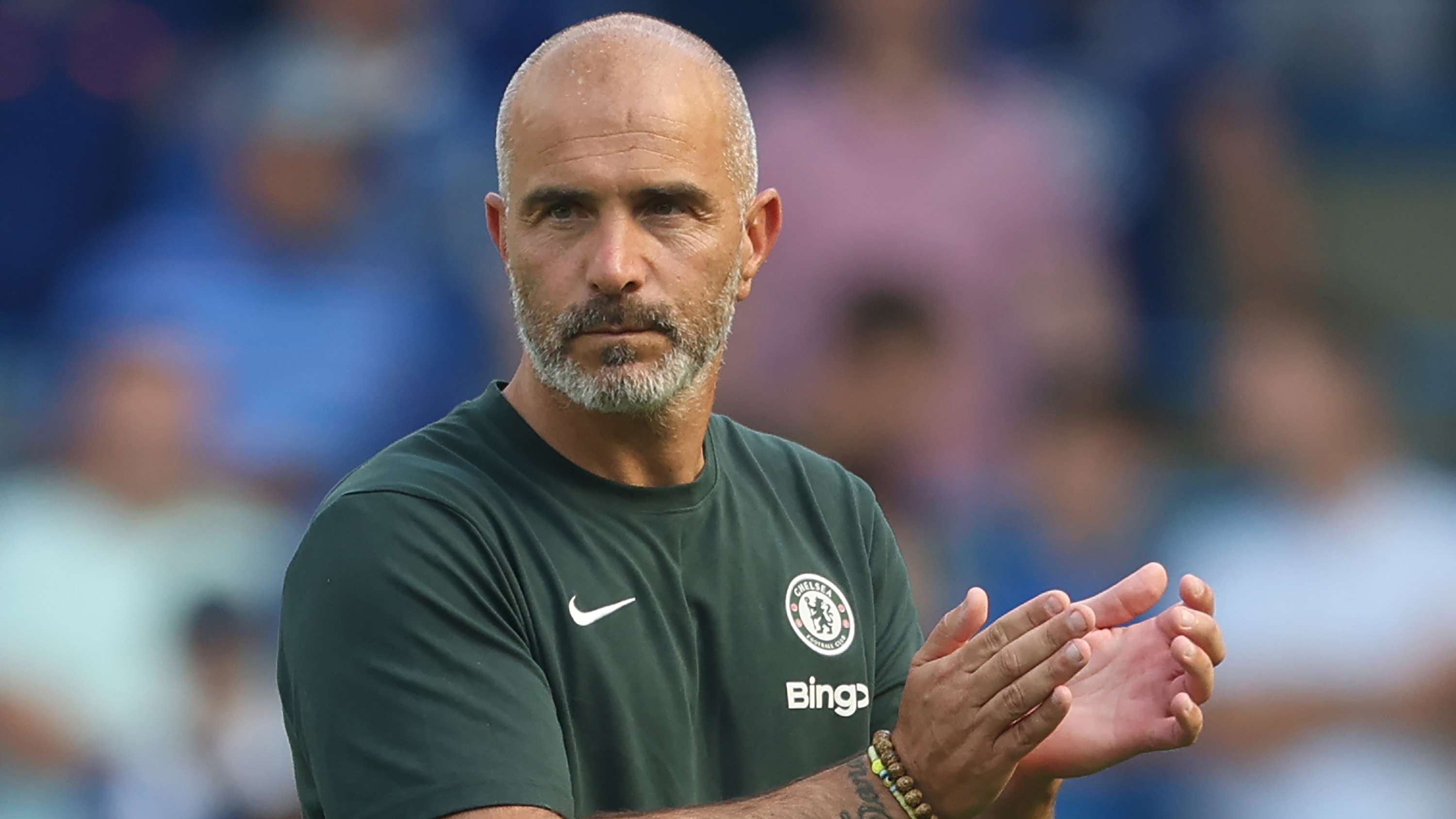
Chelsea v AC Milan – Pre-Season Friendly
The arithmetic doesn’t end with Mudryk. Chelsea are also exploring ways to manage the high salaries of other senior players. Christopher Nkunku, though a prized signing, has yet to cement his role in the squad due to injuries, while Nicolas Jackson remains a work in progress. Should the Blues decide to offload or restructure the contracts of either, they could potentially free up an additional £30m ($40m) in their Champions League budget.
Such a windfall could do more than just provide breathing space. It might even pave the way for marquee reinforcements, with names like Xavi Simons and Alejandro Garnacho already linked to the club. What seemed like an impossible task—balancing ambition with compliance—suddenly looks much more manageable.
The Bigger Picture: Balancing Books and Ambition
This situation speaks to a broader theme in Chelsea’s post-Roman Abramovich era. Under Todd Boehly’s ownership group, the club has embarked on an unprecedented wave of long-term contract deals, spreading the amortisation of transfer fees over as much as eight years. While clever, the model has drawn scrutiny from both UEFA and the Premier League, leading to new restrictions on the maximum length of contracts that can be registered for accounting purposes.
Mudryk’s case highlights both the risks and the rewards of this strategy. Yes, his absence hurts on the pitch, but it also creates financial flexibility. It’s a reminder that in modern football, squad management is no longer just about tactics or injuries—it’s also about navigating the intricate web of financial fair play rules.
Maresca’s Challenge: Turning Numbers into Performances
For Enzo Maresca, all of this is noise until it translates into results. He will be judged not on how cleverly the books are balanced but on how effectively his team competes in Europe. Having the likes of Estevao, Hato, and Gittens available is undoubtedly a boost, but integrating so many young players into a Champions League campaign will require careful man-management.
Chelsea fans have heard plenty about financial loopholes and accounting wins over the last two years. What they crave now are footballing wins—nights at Stamford Bridge where the new signings dazzle, where the club reasserts itself among Europe’s elite.
Conclusion: A Strange Kind of Fortune
In the grand scheme of things, Chelsea would surely prefer to have Mykhailo Mudryk available rather than suspended. But in the peculiar world of UEFA financial compliance, his absence has become a strange kind of blessing. It gives the club just enough wiggle room to bring in all five summer signings, maintain squad depth, and keep their European ambitions intact.
Chelsea receive Champions League boost not from goals or glory, but from the fine print of UEFA’s regulations. And if the Blues can combine this financial reprieve with progress on the pitch, Mudryk’s absence may one day be remembered not only as a setback, but as the turning point that allowed Maresca’s Chelsea to take their next big step in Europe.

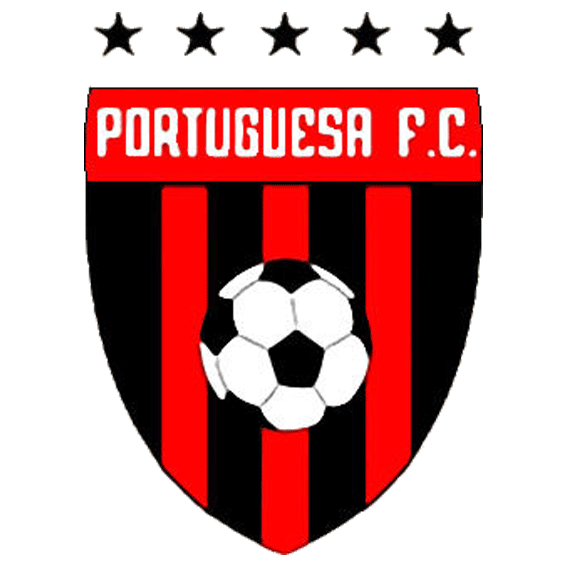




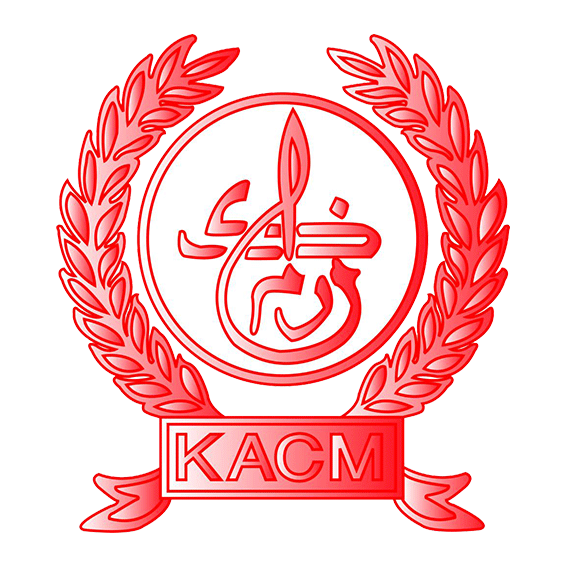


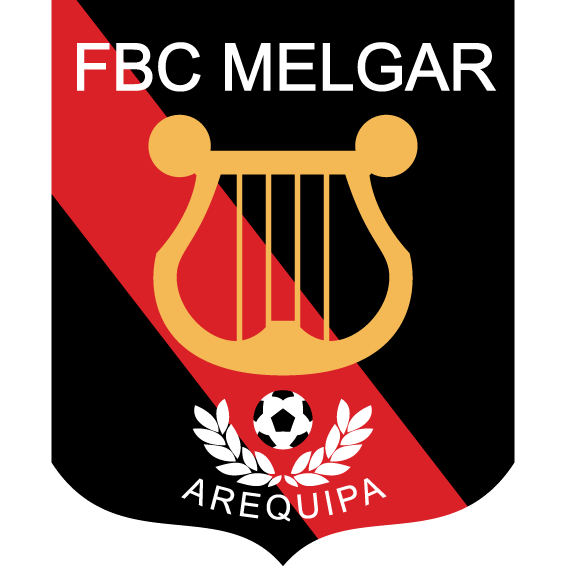














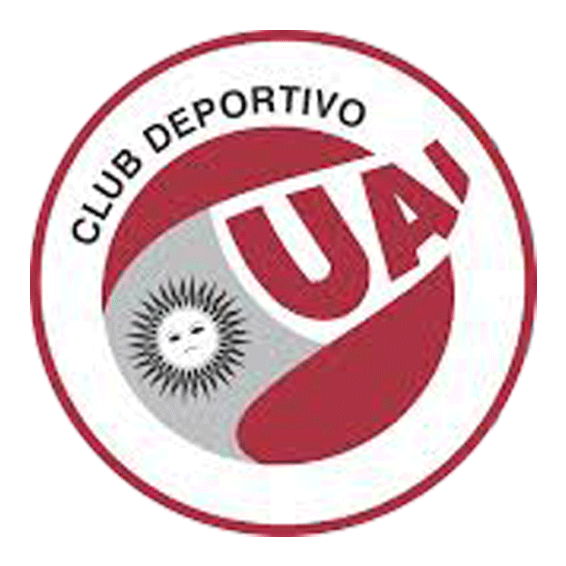




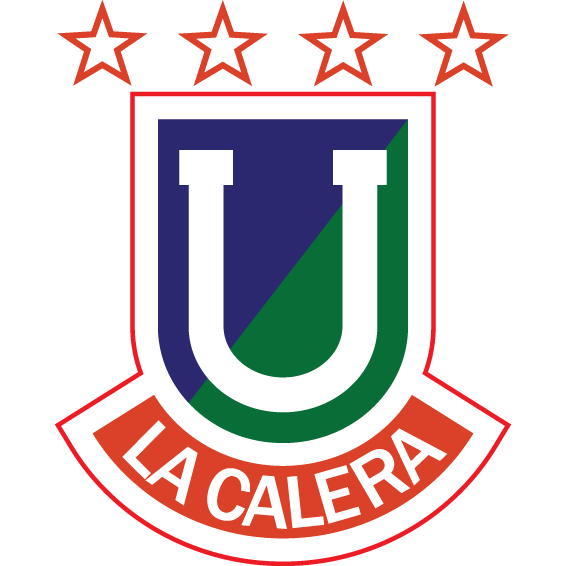



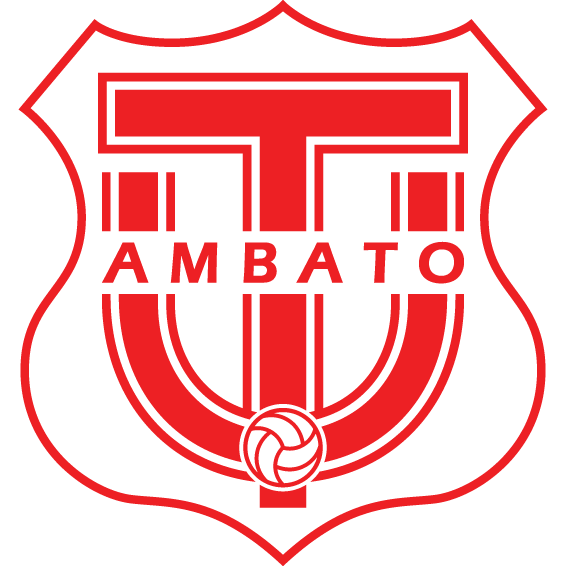



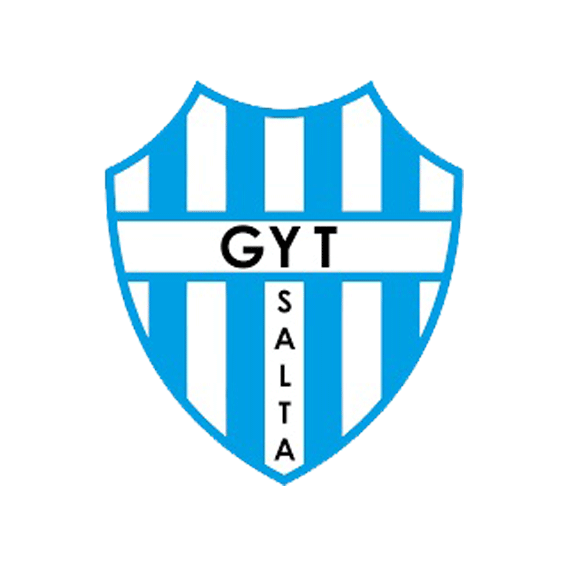
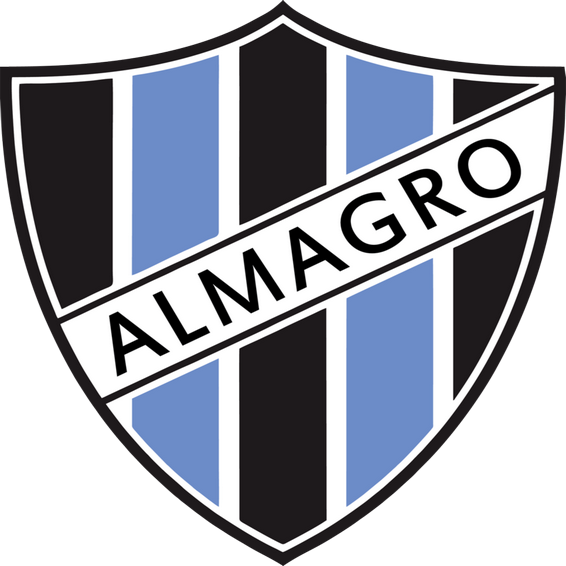


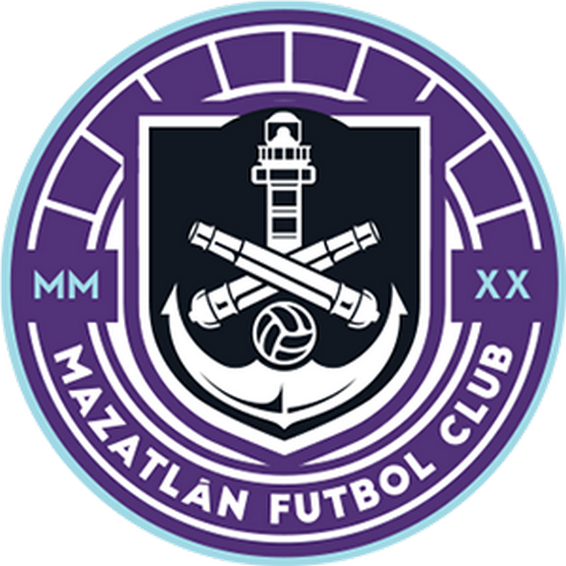
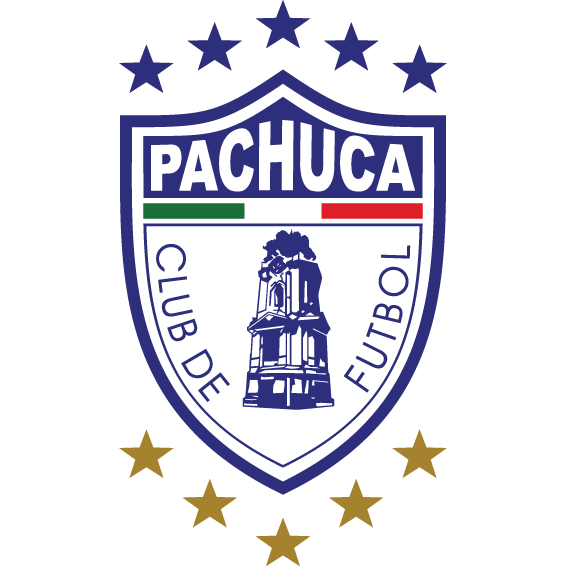

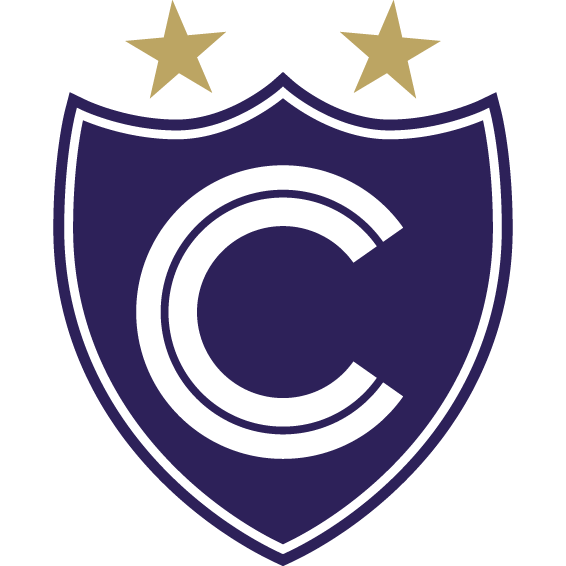
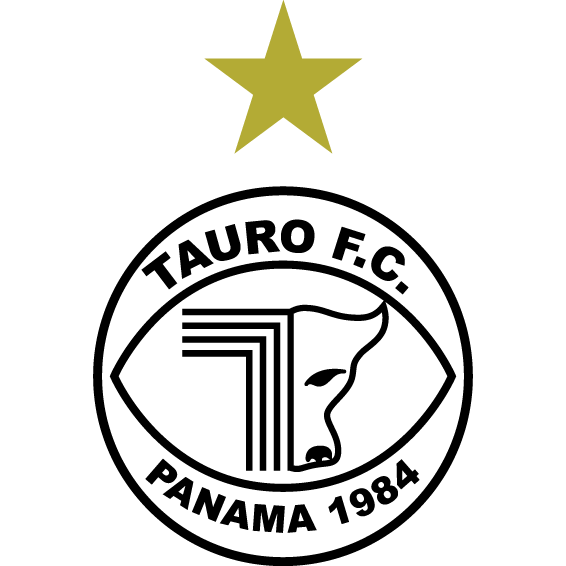

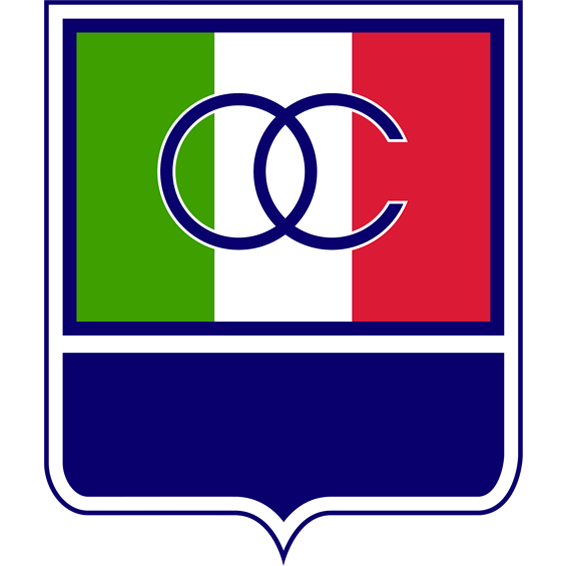
























There are no comments yet. Be the first to comment!